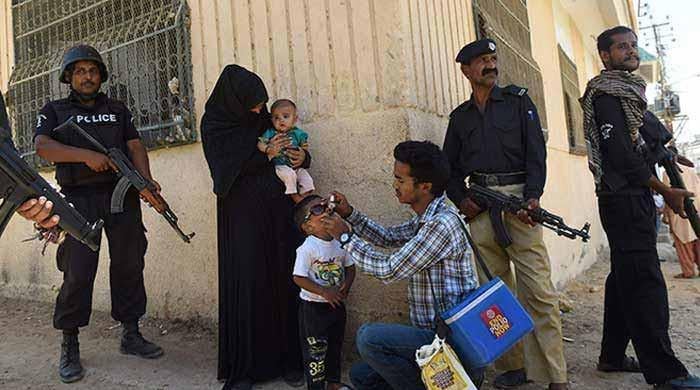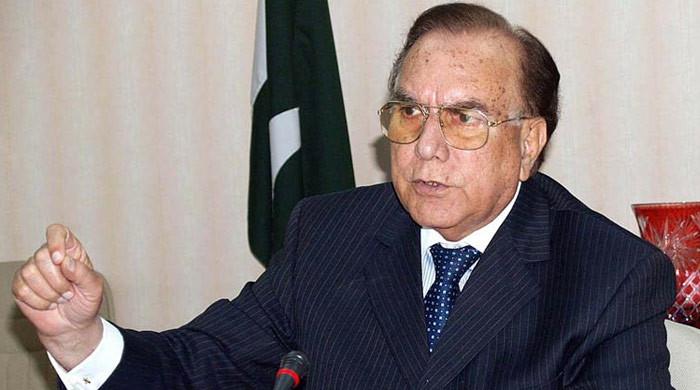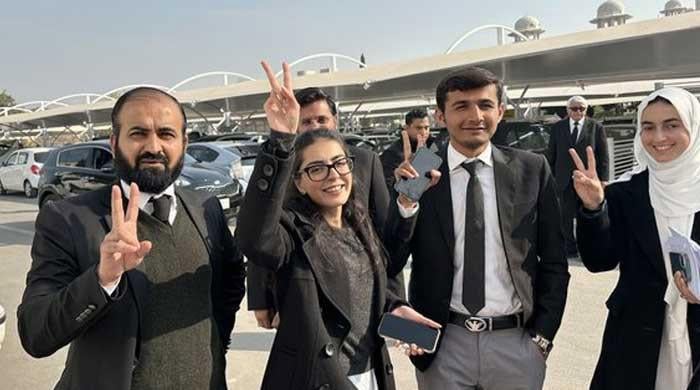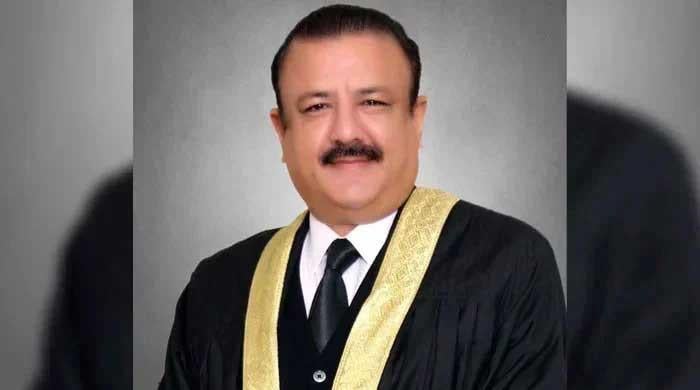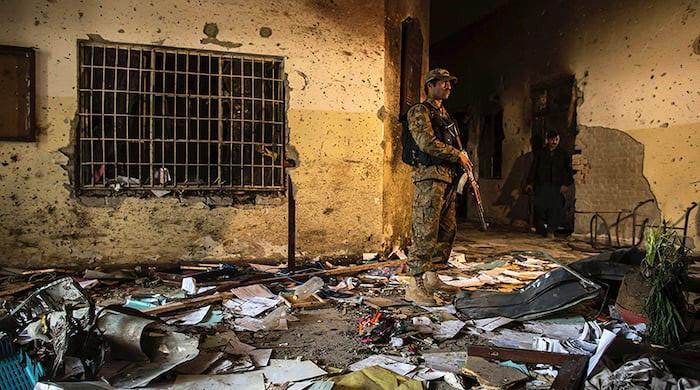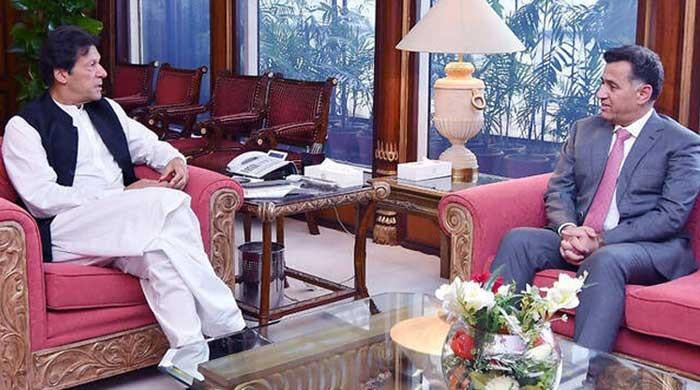Jirga proposes to create unarmed 'Lashkar' to protect Pashtun communities in region
Lashkar will comprise 3,000 youth from each district and political party, jirga proposes
October 14, 2024
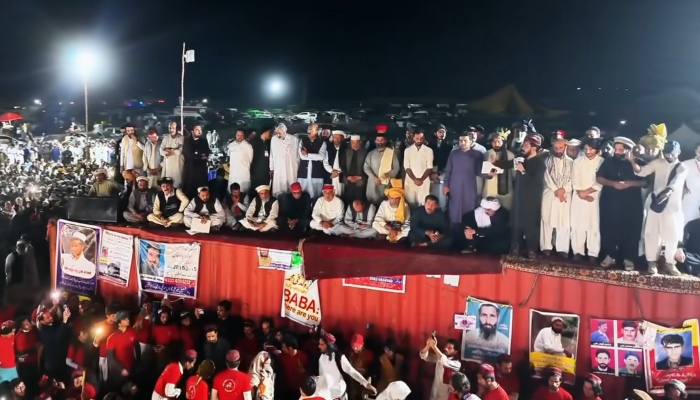
- PTM calls for the removal of undue trade restrictions.
- Pashteen assures no one to be forced to pay extortion money.
- Afghan govt must allow women to receive education: PTM.
PESHAWAR: The Pakhtun Qaumi Jirga on Sunday proposed to constitute a “Pashtun Milli Lashkar”, an unarmed force to protect Pashtun communities in the region as a local defence mechanism, The News reported.
The Lashkar will comprise 3,000 youth from each district and political party, the three-day jirga suggested among multiple proposals at its conclusion.
Manzoor Pashteen, the Pashtun Tahaffuz Movement (PTM) chief, made an announcement in this regard at the closing session. Pashteen also suggested the creation of a committee whose job would be to supervise the extraction of resources throughout the Pashtun belt, which stretches from Quetta to Kohistan and Chitral.
He claimed that the committee's job would be to make sure that local resources were utilised for the advantage of the community by stopping any extraction that did not directly benefit the Pashtun people. He also spoke about the state of affairs in Afghanistan, urging the government led by the Taliban to lift the ban on girls attending school.
“The Afghan government must allow women to receive education,” he said, stressing the importance of education in empowering future generations.
The jirga also addressed the issue of extortion with Pashteen assuring attendees that no Pashtun would be forced to pay extortion money. “If any individual is threatened, the entire jirga will stand behind him,” he declared, emphasising collective action against coercion.
Pashteen called for the removal of undue trade restrictions at key border points, including Torkham, Nawapass, Chaman, and Angoor Adda. He demanded that Pashtuns be allowed to trade freely without unnecessary obstacles.
The jirga concluded with a commitment to compile and formalise the proposals discussed, signalling a decisive moment in the pursuit of Pashtun rights and autonomy.
While political figures from various parties were present, they refrained from addressing the jirga as a whole. They engaged with attendees in smaller groups at camps. Among them was Jamaat-e-Islami’s Mushtaq Ahmad Khan who addressed the whole event. He declared that the jirga would now be the primary decision-making body for Pashtun matters.





